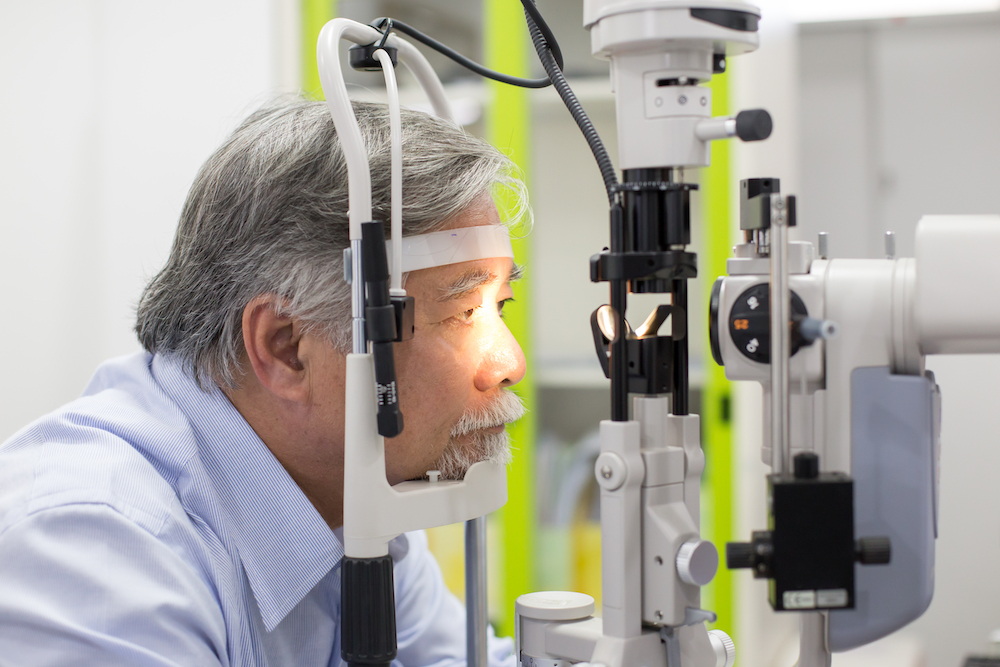
February is the month that sheds light on age-related macular degeneration (AMD). The degenerative disease destroys the eyesight of almost 11 million Americans annually. Researchers predict over 20 million Americans will have AMD before the year 2050. More individuals lose their vision to AMD than to conditions like glaucoma and cataracts combined. The worst part is that macular degeneration has no cure.
What Is Age-related Macular Degeneration?
AMD is the deterioration of the most crucial central part of your retina, the macula. The disease causes loss of central vision that helps with activities like reading.
Risk Factors
Below are the risk factors of age-related macular degeneration:
Aging
The more you age, the more your chances of developing the disease increase. Many individuals over 80 have AMD.
Family History
Genetics plays a role in increasing your risk of getting the disease. If you have a sibling or parent with the condition, your chances of getting it are high.
Caucasian
Caucasians are at a high risk of developing age-related macular degeneration.
Female
Two-thirds of people with AMD are women, with the other third being men. Being female may be a risk factor because they tend to live longer than men do.
Cardiovascular Conditions
Cardiovascular conditions increase your risk of getting AMD. Ensuring you keep your blood pressure low and reducing your cholesterol is beneficial. Get treatment for your heart disease to reduce your risk of developing AMD.
Obesity
Being overweight increases your risk of developing age-related macular degeneration. Keeping a healthy weight and ensuring you do not gain more protects you against the disease.
Poor Nutrition
People who regularly eat unhealthy meals are at a high risk of developing AMD. Eat a diet full of protective antioxidants like lutein, vitamin C, and vitamin E.
Smoking
According to studies, your chances of getting AMD are very high if you are a smoker. Smokers develop the disease 5 to 10 years earlier than people who do not smoke. Smoking increases the risk of AMD progression.
Symptoms
Below are symptoms of age-related macular degeneration:
Different perceptions of color
Blurry and dark areas in the center of your vision
Unclear vision. It may be hard to drive or read the fine print
Living With Age-Related Macular Degeneration
Millions of people have AMD and continue their life as they would before the disease. Though sight could get heavily impaired as the disease progresses, AMD rarely causes blindness. You may need to use your peripheral vision to move around and you may need to stop driving. But for other things like reading or cooking, some techniques and devices help aid your vision.
What You Can Do
It is ideal to get regular eye examinations. Most people at the early stages of AMD may be unaware of it until their vision becomes blurry. Regular comprehensive eye exams detect the disease before you get vision problems.
If the disease is in its early stages, you can reduce further progression through treatments recommended by your eye doctor. Individuals above 60 need to go for an annual eye screening. Be aware of your risk factors and commit to having a healthy vision today.
For more on age-related macular degeneration awareness, contact Vision One Eyecare Center at our office in Fort Mitchell or Dry Ridge, Kentucky. You can call (859) 267-1700 or (859) 407-7400 today to schedule an appointment.







